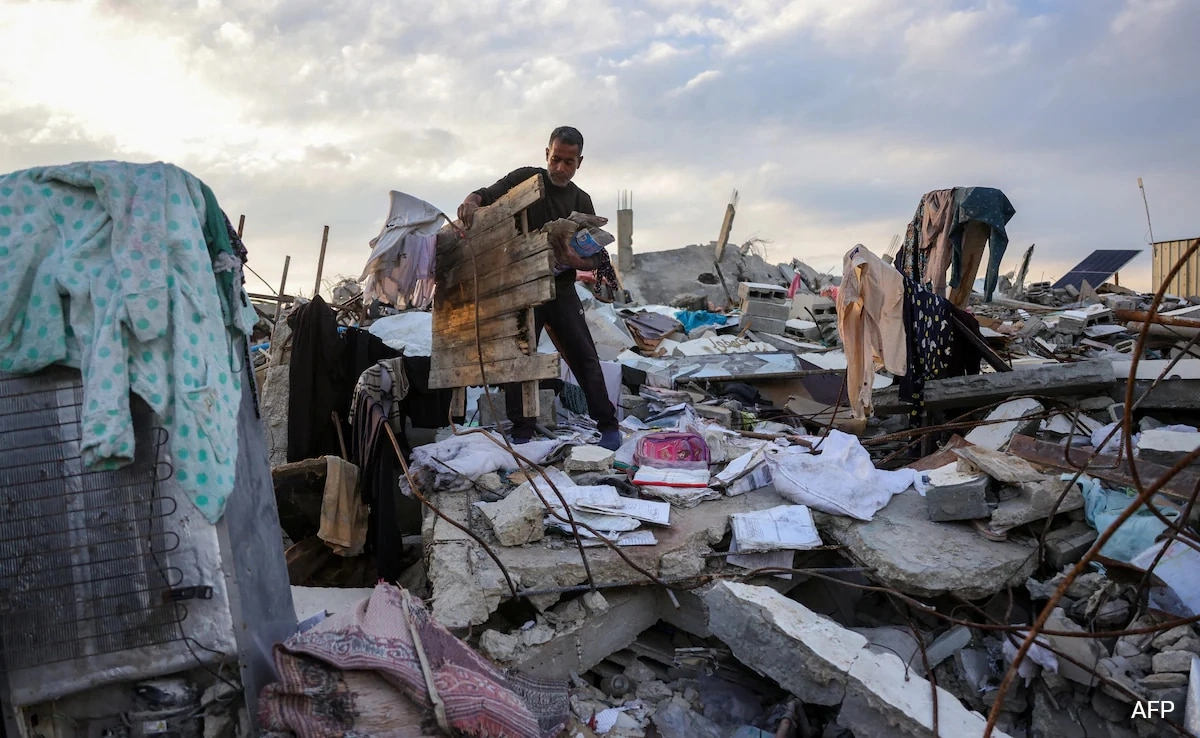In a significant legal decision, a U.S. judge has blocked the Trump administration’s plans to deploy troops in Los Angeles, a move that has raised considerable concerns regarding the militarization of domestic law enforcement. This ruling reflects a broader debate about the proper role of the military in civil affairs and the implications of using armed forces in urban settings. The judge’s injunction comes amid rising tensions in various cities across the United States, where protests and civil unrest have prompted calls for heightened security measures.
The administration justified its proposal by citing the need to maintain order and protect citizens during a period of unrest. However, critics argue that deploying troops in cities like Los Angeles could exacerbate tensions rather than alleviate them. The judge’s ruling emphasized the importance of maintaining a clear distinction between military and civilian law enforcement, noting that the presence of armed troops could lead to potential abuses of power and undermine public trust in governmental institutions.
This decision is particularly relevant in the context of ongoing discussions about police reform and the appropriate responses to civil disobedience. Many advocates for social justice have expressed concerns that military involvement in policing could lead to an escalation of violence and a deterioration of community relations. The judge’s ruling serves as a reminder of the legal boundaries that govern military engagement within U.S. borders, highlighting the need for careful consideration of the implications of such actions on civil liberties and public safety.
As the country grapples with these complex issues, this ruling could set a precedent for future cases involving the use of military forces in domestic situations. The legal and ethical questions surrounding the militarization of police forces will likely continue to be a focal point for lawmakers and activists alike, as they seek to navigate the delicate balance between security and civil rights. The implications of this decision extend beyond Los Angeles, potentially influencing how other cities and states approach the issue in the future.




